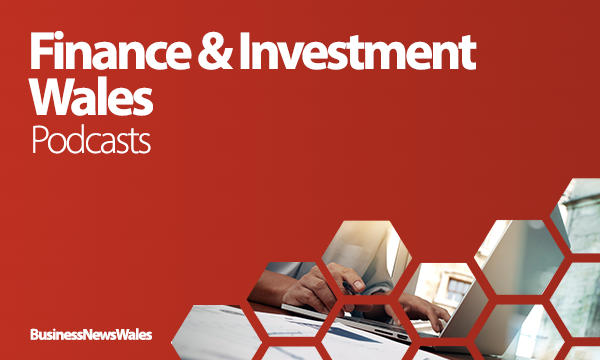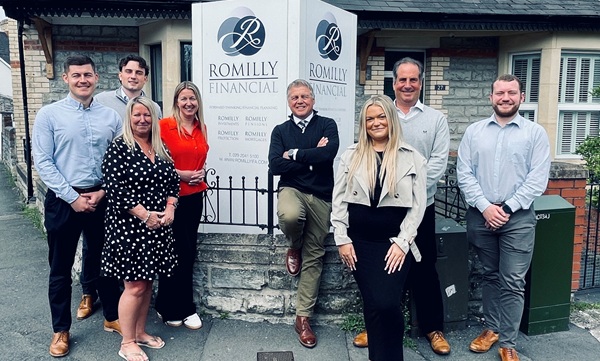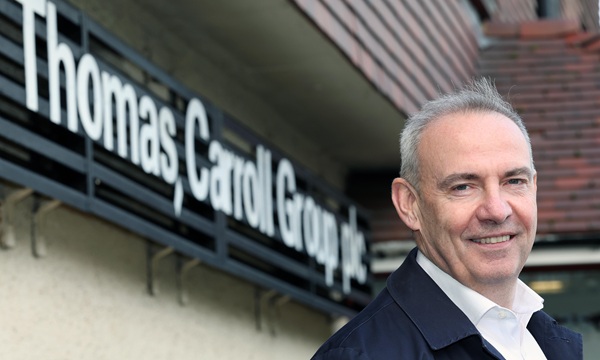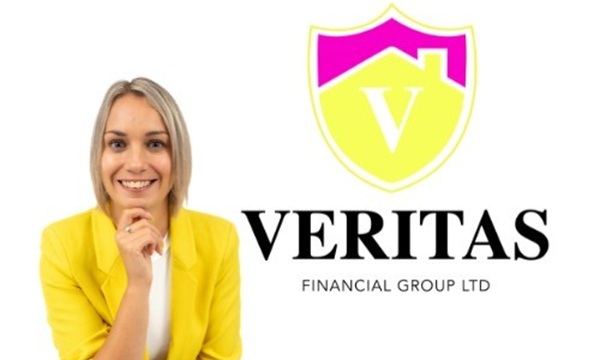Written By:
 Stephen Thompson
Stephen Thompson
Corporate & Commercial Lawyer
Darwin Gray
___________________________________________________________________________________________________________________________
Are you looking to sell your business? Perhaps you are considering planning your succession or exit strategy?
Darwin Gray’s Corporate & Commercial Law expert, Stephen Thompson outlines some of the most common sale options and key considerations that come with them.
If you are proposing to sell your business, and are trading as a limited company, the main options open to you are to either sell the shares in the company or alternatively to sell the business and assets as a “going concern”.
What is a share sale?
If your intention is to dispose of the entire business of a limited company, the most common option is a share sale. This involves the owner(s) of all of the shares in the company selling them to the buyer. The buyer will then take ownership of the entire business through the acquisition of the shares.
There may well be tax benefits to selling the shares in a company as opposed to the assets and your accountant can provide you with advice on this.
When selling shares, because the buyer is acquiring the entire company “warts and all”, they will usually undertake a significant “due diligence” (DD) exercise in relation to the company. The buyer’s DD will cover all aspects of the business including commercial issues, employees, regulatory matters, accounts and also tax.
The advantage of a share purchase for you as the seller is that this sale structure can be considered a “clean break” with the business.
Selling your business as a going concern
The other main option for selling a business is to sell the assets and business as a going concern. This is usually appropriate where only part of the company’s business is being sold or where there is some other reason why the buyer does not wish to acquire the entire company.
The assets that are typically acquired by a buyer include stock, plant and machinery, intellectual property rights, goodwill, property and data.
The benefit of an asset purchase over a share purchase for the buyer is that the buyer can pick and choose which assets its wishes to purchase. Also, the buyer does not automatically acquire the debts and liabilities of the company.
From the seller’s perspective, the downside of an asset sale includes the fact that the purchase price isn’t paid directly into the hands of the owners of the company, which can make the deal less efficient from a tax perspective. Also, if the business has employees, you as the seller will have to comply with “TUPE” Regulations (Transfer of Undertakings (Protection of Employment), which adds an additional administrative and legal burden during the sales process.
Generally speaking, whether a share or asset purchase is chosen will depend on the facts of each particular deal and also any relevant tax issues.
Additional sale structures include Management Buy-outs (MBOs) and Employee Ownership Trusts (EOTs). An MBO usually involves the current management team in a business buying the business from the current owners. Find out more about MBOs. Employee ownership (through an EOT) is currently becoming a popular model of business sale, where a business is entirely or significantly owned by its employees. Find out more about EOTs.
Professional advice from solicitors and accountants should always be taken early on in relation to any business sale. This will hopefully avoid the parties incurring potentially abortive professional fees should the basis of the deal change at a late stage.
For more information on the options for selling your business, contact Stephen Thompson at Darwin Gray for a free initial discussion: sthompson@darwingray.com / 07970 160166.















